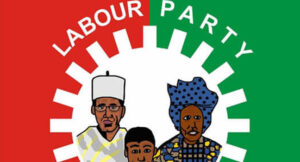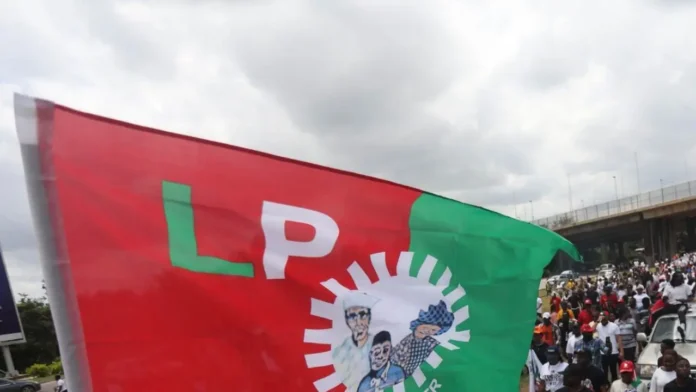The proposed increase in the national minimum wage has sparked a heated confrontation between labor unions and state governors in Nigeria. The Nigeria Labour Congress (NLC) has vehemently rejected claims by the Nigeria Governors’ Forum (NGF) that state governments cannot afford to pay the proposed N60,000 minimum wage, accusing the governors of being economical with the truth about their resources.

In a strongly worded statement titled “Save the country from a certain death,” NLC’s Head of Information and Public Affairs, Benson Upah, cautioned the governors against plunging the nation into a monumental crisis over the minimum wage issue. The labor union accused the governors of lying about their financial capabilities, stating that “nothing can be further from the truth as FAAC allocations have since grown from N700 billion to N1.2 trillion, making the governments extremely rich at the expense of the people.”
Upah argued that the governors have acted in bad faith by issuing statements about their inability to pay the proposed minimum wage in the middle of ongoing negotiations, describing it as “unheard of” and “certainly in bad taste.” He emphasized that the national minimum wage is not synonymous with the different pay structures of different states but rather serves as a protective measure for the poor and vulnerable workers.
The labor union contended that the value of the current N30,000 minimum wage, which was implemented in 2019, has significantly eroded due to the devaluation of the naira, high inflation rates, and the removal of fuel subsidies. With the current exchange rate of N1,600 to $1 and an inflation rate hovering around 33.7%, the minimum wage is effectively valued at a mere $37.5 for a family of six – a stark contrast to its initial value of approximately $100 when it was implemented.
Upah urged the governors to prioritize the welfare of workers by cutting the high cost of governance, minimizing corruption, and addressing the adverse impacts of government policies such as fuel subsidy removal, naira devaluation, energy tariff hikes, and interest rate increases. He warned that paying a miserable national minimum wage poses grave dangers not only to the workforce but also to the national economy, as workers’ wages drive the economies of most states.
The labor union’s stance has garnered support from various stakeholders who view the proposed minimum wage increase as a necessary measure to protect workers’ purchasing power and ensure their well-being. Critics argue that the governors’ reluctance to implement the proposed minimum wage undermines the principles of social justice and economic equity, potentially exacerbating the already precarious living conditions of low-income workers.
As the standoff between labor unions and state governors intensifies, the nation eagerly awaits a resolution that balances the financial constraints of state governments with the urgent need to uplift the living standards of workers. Failure to reach a compromise could potentially trigger widespread protests and industrial actions, further disrupting economic activities and jeopardizing the nation’s fragile recovery from the COVID-19 pandemic.




